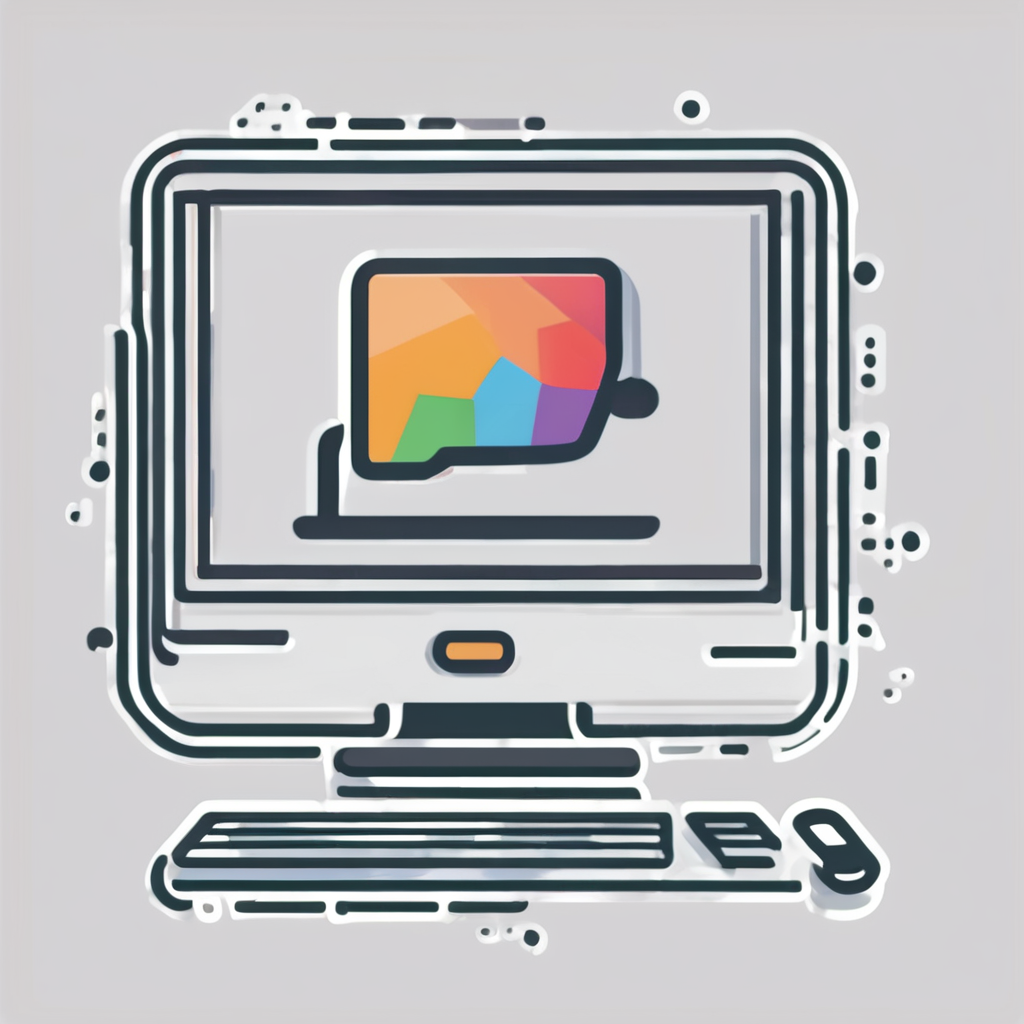Smartphones Driving Changes in UK Computing Habits
The smartphone adoption UK landscape has rapidly transformed, reshaping how people engage with technology daily. Across all age groups and regions, smartphones have become the primary device for accessing the internet, communication, and entertainment. Recent mobile device usage statistics indicate a steep increase in time spent on smartphones, pushing traditional desktop and laptop computing into a secondary role.
This shift signals a broader trend in computing trends where convenience, portability, and instant connectivity trump conventional computing setups. Tasks once reserved for desktops—such as email checking, social media browsing, and even work-related activities—are now predominantly managed via mobile phones. The mobile device usage statistics reveal a consistent decline in desktop dependency, showcasing a preference for on-the-go solutions.
Also to read : What role do smartphones play in UK computing infrastructure?
Moreover, the rise in mobile internet usage amplifies this transition. UK users increasingly rely on smartphones for everyday computing needs, from banking to shopping, further embedding the smartphone into the computing ecosystem. Understanding these smartphone adoption UK patterns is essential for businesses and service providers aiming to optimize digital strategies for this evolving audience.
The Impact of Mobile Apps and Cloud Services on UK Technology Use
In recent years, mobile apps in the UK have transformed how consumers engage with various services, from banking to shopping. This surge in app usage trends reflects a clear preference for on-the-go access, convenience, and personalization that mobile platforms uniquely provide. Users increasingly favor apps that offer seamless interfaces and real-time updates, which improve overall satisfaction and productivity.
Additional reading : How Do Smartphones Transform the Landscape of UK Computing?
Simultaneously, cloud computing has seen remarkable growth, underpinning much of the UK’s digital infrastructure. Cloud storage and applications allow users to securely store and manage data without reliance on physical devices, promoting flexibility and collaboration. This transition enables both individuals and businesses to access resources anywhere, supporting remote work and enhancing operational efficiency.
A notable shift is happening from traditional installed software towards cloud-based services. Many users now prefer applications that are regularly updated and maintained in the cloud, avoiding the constraints of local installations. This evolution in technology use highlights the importance of scalable, reliable solutions that cater to dynamic needs in the digital age.
Together, the rise of mobile apps UK and cloud computing strongly influence how technology is adopted and utilized across the country, shaping future innovations and user expectations.
Effects on UK Business and Economic Activity
The rise of the mobile workplace UK has significantly transformed business computing trends. Companies now prioritize flexible work environments, enabling employees to access systems remotely. This shift boosts productivity and reduces traditional office overheads, signaling a profound change in how businesses operate.
Mobile commerce has similarly experienced rapid growth. Businesses increasingly adopt mobile payment solutions, facilitating smoother transactions and enhancing customer convenience. This evolution aligns with the broader trend toward digital sales channels, pushing companies to innovate in service delivery and marketing strategies.
However, the expansion of mobile-based business operations introduces challenges, particularly in cybersecurity. Protecting sensitive data across diverse devices and networks demands robust security protocols. Companies face the dual task of securing remote work technologies while enabling seamless access.
Nevertheless, these challenges present opportunities for businesses to invest in advanced cybersecurity measures and develop agile remote working policies. Firms embracing these trends can leverage the mobile workplace to drive growth and adapt to evolving consumer behaviors, highlighting the intertwined nature of mobile commerce, business computing trends, and economic development in the UK.
Transforming Education and Social Behaviors
Exploring how mobile technology reshapes learning and interaction
The surge of mobile learning UK has revolutionized traditional classrooms by integrating smartphones into daily education. These devices support digital classrooms, enabling students to access resources instantly and participate interactively. This shift enhances digital literacy, as students increasingly navigate educational apps, e-books, and online assessments, developing essential skills for modern life.
Smartphone influence education extends beyond content delivery. UK schools report that mobiles foster personalized learning experiences, allowing learners to adapt to their pace and style. This empowerment nurtures engagement and motivation, crucial for academic success in a technology-driven world.
Social behaviors are equally transformed. Communication patterns among young people now rely heavily on digital messaging and social media, with smartphones acting as central hubs. These new channels encourage collaboration but also require guidance to handle digital etiquette and privacy responsibly.
In summary, mobile learning in the UK fosters both academic progress and evolving social skills, positioning students to thrive amid ongoing technological advancements.
Predictions for Future UK Computing Trends Influenced by Smartphones
Smartphones continue to shape the future computing trends in the UK dramatically. The smartphone impact prediction points towards an expansion in wearable technology closely integrated with mobile devices. Devices such as smartwatches and augmented reality (AR) glasses are becoming essential extensions of smartphones, allowing seamless connectivity and user experience. This growth signifies a move toward more personalized, context-aware computing.
In addition, emerging technology in 5G and mobile connectivity standards is a key driver for the next wave of innovation. The UK’s investment in nationwide 5G infrastructure will enhance data speeds and reduce latency, enabling more complex applications like real-time virtual collaboration and enhanced mobile gaming. The improvement in mobile connectivity standards promises to amplify the role of smartphones as central hubs in personal and professional computing ecosystems.
Experts forecast that the ongoing evolution of UK computing will see smartphones as catalysts for new forms of interaction and data processing. Emerging technology intertwined with smartphones will redefine expectations in productivity, entertainment, and health monitoring, underscoring their growing influence on the computing landscape.




